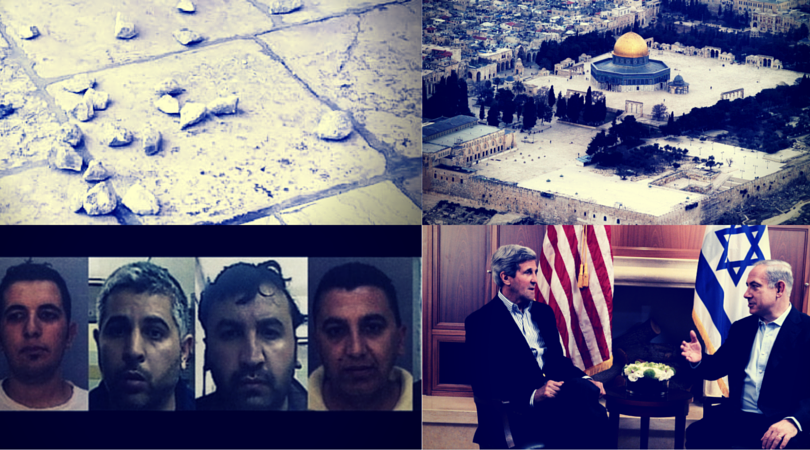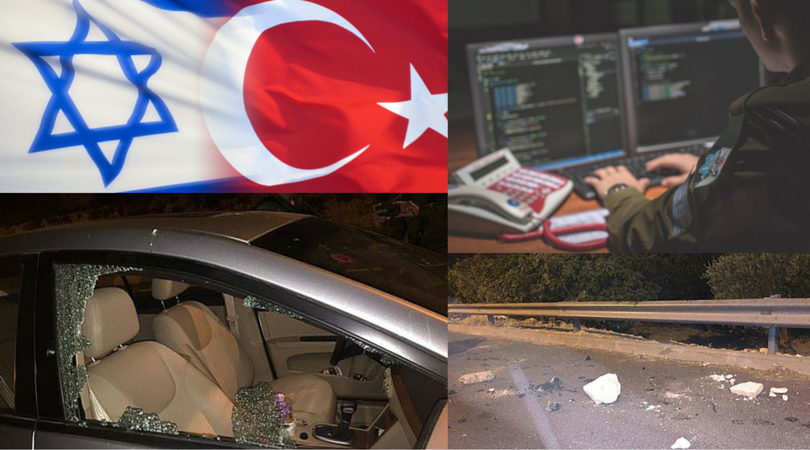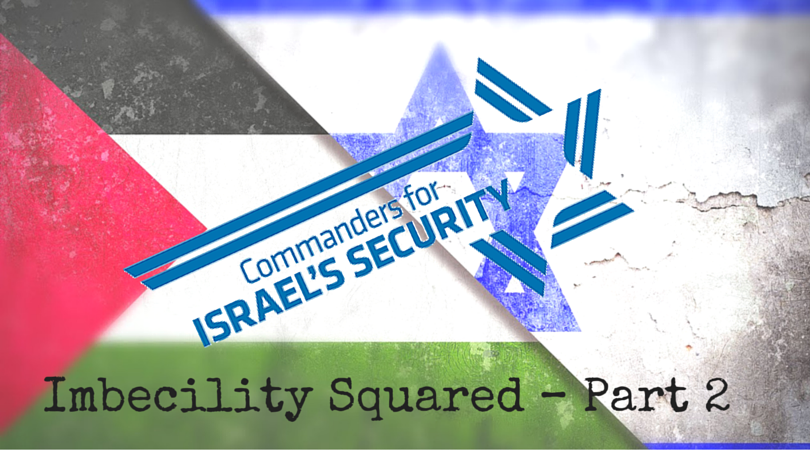On Tuesday morning, Arab rioters on the Temple Mount who presumably found no more Jews or police to attack up there, began throwing stones down at the Jews who were engaged in their morning prayer before the Western Wall. One woman, age 73, was injured lightly and was rushed to Hadassah Ein Karem hospital.
[The Jewish Press]
[Arutz Sheva]
[Israel Ministry of Foreign Affairs]
Prime Minister Benjamin Netanyahu and U.S. Secretary of State John Kerry discuss defense issues and the peace process with the Palestinians • Netanyahu also meets with Italian Prime Minister Matteo Renzi.
[Israel Hayom]
Shin Bet reveals five members of terrorist cell, three of them dentists, arrested over May 10 pipe bomb attack • Leader cites “desecration of Al-Aqsa mosque and harming Palestinian children” as motives • Suspects show interrogators 56 more explosives.
[Israel Hayom]




